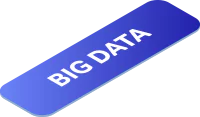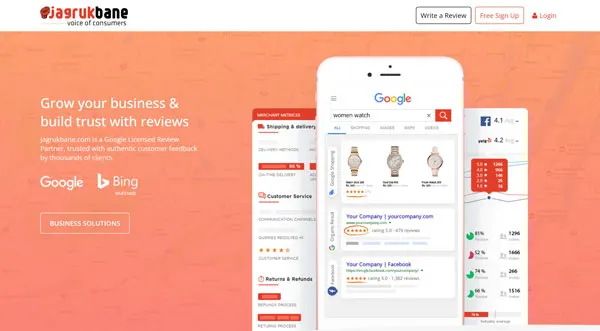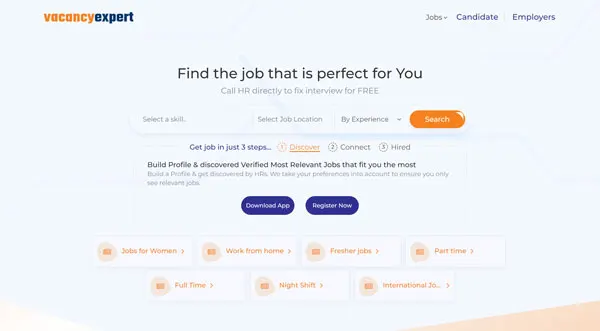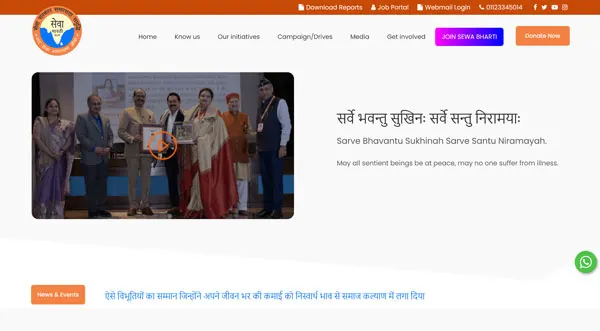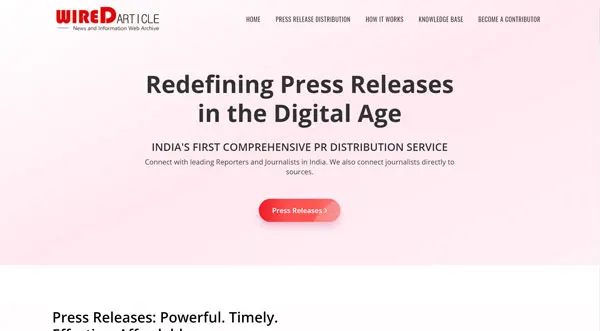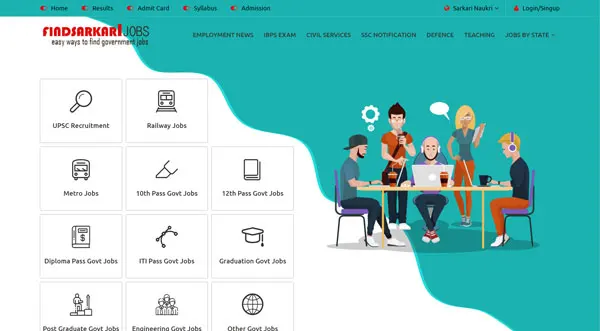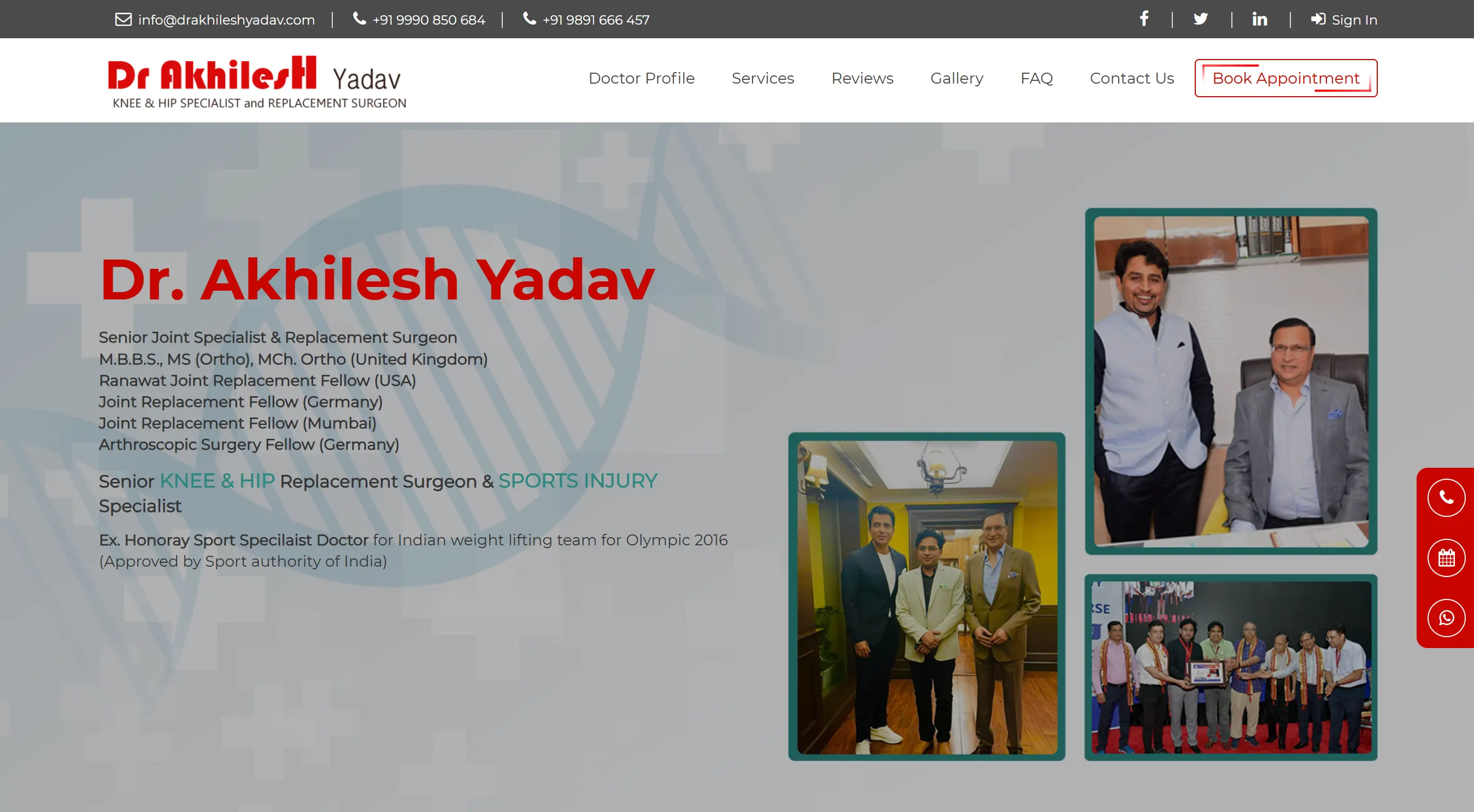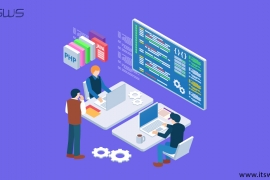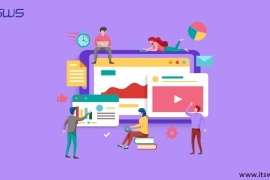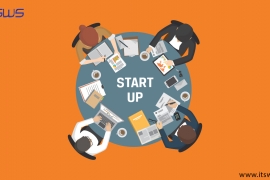Restaurant Inventory management made easier
Restaurant Inventory Management: Streamlining Operations for Efficiency and Profitability
A single Online Ordering System to manage all your orders
Introducing the Unified Online Ordering System is Simplifying Order Management for Restaurants
Restaurant Menu Management System
All-in-One Restaurant Menu Management Software is the fast-paced world of restaurant management, efficiency and simplicity are paramount.
Restaurant Customer Relationship Management (CRM) Software
A powerful and intuitive customer relationship management (CRM) software designed specifically for restaurants.
Restaurant Management Software Development Company: Elevating Dining Experiences through Innovative Restaurant Software Solutions
ITSWS Technologies stands as a beacon of innovation in the realm of restaurant software development. Established with a vision to transform dining experiences, the company has become a trusted partner for restaurants of all sizes, from cozy cafes to upscale fine dining establishments. With a focus on understanding the unique needs of each client, ITSWS Technologies crafts bespoke software solutions that streamline operations, enhance customer engagement and drive growth. Building lasting relationships with customers is essential for business growth. we provide CRM tools tailored for restaurants, allowing them to collect valuable customer data, personalize marketing efforts, and enhance customer loyalty. Every restaurant is unique, and we understand this. The company crafts tailor-made solutions, ensuring that each client receives software perfectly suited to their requirements. Quality doesn't have to come at a steep price. we offer cost-effective solutions, making advanced restaurant technology accessible to businesses of all sizes.
- Web-Based Point of Sale (POS) Software(Restaurant billing software that is 10x faster): Our advanced POS software is designed to streamline every aspect of restaurant management. From order processing and inventory management to tableside ordering and payment processing, their intuitive POS solutions empower restaurants to operate with unmatched efficiency and precision.
- Restaurant Inventory management(The simplest restaurant inventory management software): It is a powerful tool designed to streamline the inventory process, optimize stock levels, and maximize profitability.
- Online Ordering Integration(All your online orders need just one restaurant billing software): In an era defined by digital convenience, online ordering has become a cornerstone of restaurant operations. We seamlessly integrate online ordering capabilities into POS software, allowing restaurants to expand their reach, attract new customers, and boost revenue through web-based and mobile platforms.
- Menu Engineering Solutions(Do it all with one menu management software): Crafting visually appealing and informative menus is essential for captivating diners and driving sales. ITSWS Technologies offers menu engineering solutions that empower restaurants to create, update, and customize menus with ease, showcasing their culinary offerings in a captivating and engaging manner.
- Customer Relationship Management (CRM) Tools(Manage customers at your fingertips): Building and nurturing lasting relationships with customers is vital for sustained success in the restaurant industry. We equip restaurants with powerful CRM tools that enable them to capture customer data, personalize marketing efforts, and foster customer loyalty through targeted promotions and rewards programs.
- Order Processing: POS systems enable restaurant staff to input and modify customer orders quickly and accurately. This includes customizing menu items based on customer preferences, allergies, and dietary restrictions.
- Menu Management: Restaurants can create, update, and organize their menus within the POS system. This includes setting prices, adding descriptions and images, and categorizing items for easy access.
- Billing and Payment Processing: POS systems calculate bills based on orders, apply discounts, and manage different payment methods (cash, credit/debit cards, digital wallets). They also handle splitting bills among multiple customers if necessary.
- Inventory Management: Some POS systems integrate with inventory tracking, automatically updating ingredient levels as orders are processed. This helps prevent stockouts and manage supplies efficiently.
- Reporting and Analytics: POS systems generate various reports, such as sales summaries, employee performance, and popular menu items. These insights help restaurant owners make informed decisions to optimize their business.
- Customer Relationship Management (CRM): Some systems allow restaurants to collect and manage customer data, enabling loyalty programs, sending digital receipts, and personalizing the dining experience.
- Employee Management: POS systems may include features to manage employee schedules, track hours worked, and assess individual performance.
- Integration: Modern POS systems often integrate with other tools such as kitchen display systems (KDS), online ordering platforms, accounting software, and more.
- Online Ordering Platforms: In the age of digital convenience, online ordering is paramount. ITSWS Technologies creates robust online ordering platforms and mobile apps that enable restaurants to expand their reach, attract new customers, and boost revenue. These platforms are seamlessly integrated with POS systems, ensuring smooth order processing.
- Order Accuracy: A restaurant management system ensures accurate order processing by allowing servers to input orders directly into the system. This minimizes the risk of errors that can occur when manually transferring orders to the kitchen.
- Efficiency: With a restaurant management system, orders can be transmitted electronically to the kitchen, improving communication between front-of-house and back-of-house staff. This leads to faster preparation and delivery of orders.
- Inventory Management: Many systems integrate with inventory tracking, helping restaurants monitor ingredient levels in real-time. This prevents stockouts and reduces food waste by aligning orders with available ingredients.
- Menu Management: Restaurants can easily update menus, add seasonal items, and adjust prices within the system. This ensures that customers are always presented with accurate and up-to-date menu options.
- Billing Accuracy: Restaurant management systems calculate bills accurately, apply discounts and promotions automatically, and provide itemized bills for customers. This reduces billing errors and enhances customer satisfaction.
- Payment Processing: Integrated payment processing allows for quick and secure handling of various payment methods, including credit/debit cards, digital wallets, and cash. This speeds up the checkout process.
- Reporting and Analytics: These systems generate detailed reports on sales, expenses, employee performance, and customer trends. Such insights enable data-driven decisions to improve business operations and strategy.
- Customer Experience: A restaurant management system can facilitate personalized service by storing customer preferences, order histories, and contact details. This leads to enhanced customer engagement and loyalty.
- Time and Labor Management: The system can help manage employee schedules, track hours worked, and streamline payroll processes.
- Streamlined Operations: By automating various tasks, a restaurant management system frees up staff from routine administrative work, allowing them to focus more on providing excellent customer service.
- Point of Sale: An RMS includes POS functionality for order processing and billing, but it also extends to other areas.
- Table Management: Efficiently managing table assignments, reservations, and waitlists.
- Inventory Management: Tracking ingredient levels, managing stock, and preventing wastage.
- Menu Management: Creating, updating, and customizing menu items.
- Customer Relationship Management (CRM): Storing customer data, preferences, and order history for personalized service.
- Employee Management: Handling schedules, performance tracking, and payroll.
- Reporting and Analytics: Generating detailed reports on sales, expenses, and trends.
- Online Ordering and Delivery: Integrating with online platforms for orders and deliveries.
- Marketing and Loyalty Programs: Implementing loyalty programs and promotions.
- Integration: Connecting with other software systems, such as accounting or reservation platforms.
- Order Processing: Taking orders, modifying items, and sending them to the kitchen.
- Billing and Payment: Calculating bills, processing payments, and providing receipts.
- Menu Display: Displaying menu items with descriptions, prices, and images.
- Splitting Bills: Dividing bills among customers.
- Basic Reporting: Generating basic sales reports and summaries.
- Payment Processing: Integrating with payment gateways for secure transactions.
- Scope: An RMS covers a wider range of restaurant operations, including POS, while a POS system focuses primarily on order processing and payment.
- Functionality: An RMS includes more advanced features like inventory management, employee management, and customer relationship management.
- Comprehensiveness: RMS is more suitable for larger and more complex restaurants with various operational needs. A POS system might suffice for smaller establishments.
- Customization: RMS allows for more customization and scalability as the restaurant grows.
- Cost: RMS solutions are generally more comprehensive and can be more expensive than standalone POS systems.
- Identify Your Needs: Start by listing the specific challenges and tasks you want the software to address. This could include point of sale, inventory management, table reservations, online ordering, etc.
- Understand Your Budget: Determine how much you're willing to invest in software solutions. Consider not only the upfront costs but also any ongoing subscription or maintenance fees.
- Research Options: Research different software providers that offer solutions matching your requirements. Look for reviews, customer testimonials, and case studies to gauge their reputation and performance.
- Check Compatibility: Ensure the software is compatible with your existing hardware (computers, tablets, printers) and integrates with any other systems you're already using, such as accounting software or reservation platforms.
- Scalability: Consider whether the software can grow with your business. Will it accommodate additional locations, increased customer traffic, and new features as your restaurant expands?
- Ease of Use: The software should have an intuitive interface that your staff can easily navigate. Complicated or convoluted software can slow down operations and lead to errors.
- Customization: Determine if the software can be customized to match your restaurant's branding and specific needs. Customization can help create a more cohesive customer experience.
- Demo or Trial: Whenever possible, request a demo or trial period to test the software firsthand. This will give you a feel for its functionality and usability.
All-in-One Cloud-based Restaurant Management Software Development Services
An all-in-one cloud-based restaurant management software offers a comprehensive solution to efficiently manage various aspects of your restaurant operations. This type of software combines multiple functionalities into a single platform, allowing you to streamline processes, enhance customer experiences, and gain valuable insights. Cloud-based restaurant management software offers numerous advantages for modern restaurants seeking efficient and flexible solutions. This type of software is hosted on remote servers and accessed through the internet, allowing restaurant owners and managers to manage their operations from various devices, wherever they are. Access your restaurant data and management tools from anywhere with an internet connection, enabling you to monitor operations, make updates, and address issues remotely.
India Most Reliable Restaurant POS System
ITSWS Technologies is a reputed restaurant POS system development company in Noida Delhi NCR. ITSWS Technologies is offering a reliable restaurant POS system in India.
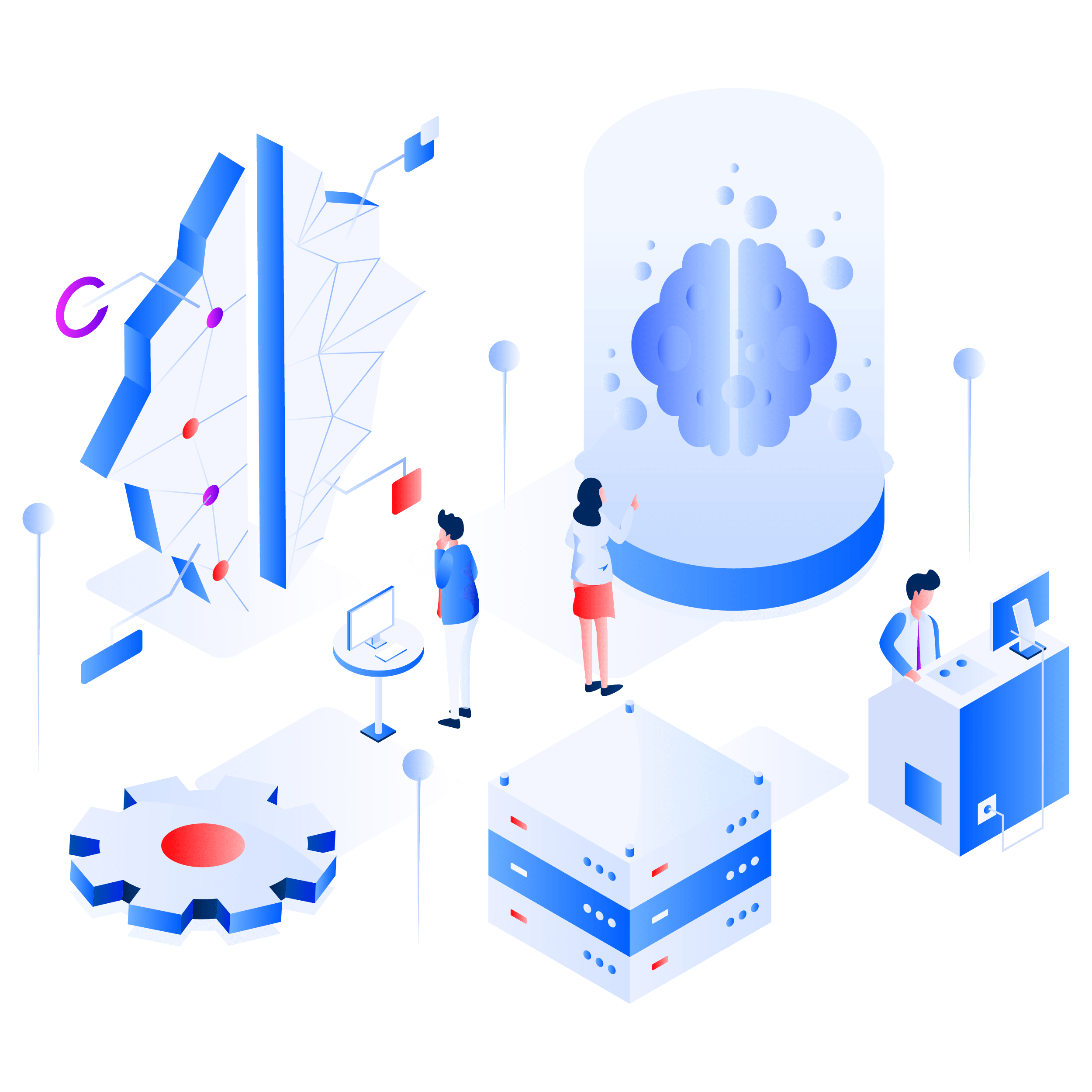


Why Choose ITSWS Technologies for Restaurant Software
Here are some reasons why you can put your complete faith in ITSWS Technologies when it comes to your Restaurant Software needs.
550+
Projects Deliver
50+
Skilled Professionals
350+
Satisfied Clients Worldwide
10+
Years of Experiences
96%
Repeat Business
32+
Customized product
ITSWS charter is to make IT think, talk and perform like a business.

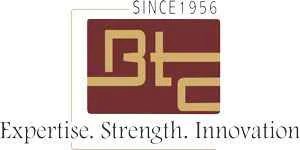
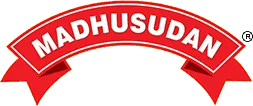














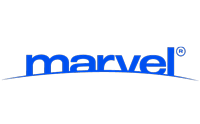











Clients Testimonials
Excellent work was done by the ITSWS Team
Excellent work was done by the ITSWS team. The team's approach was professional and the delivery was on time while getting the issues fixed within the budget. Thank you, guys!

Dr. Akhilesh Yadav, Senior Knee & Hip Specialist and Replacement Surgeon
The Centre for Knee & Hip CareThe right decisions
The ITSWS Technologies team goes above and beyond to ensure that our needs are met my requirement, and they are always willing to spend the extra time to make sure that we understand everything and that we are making the right decisions.

Omkar Arya, Managing Director
Fastep Multitrade PVT. LTD.Trustworthy and affordable team
Despite several complexities during the initial phase of the project, The team at ITSWS was always very accommodating to our requests and active in their replies. They were flexible and took initiative to suggest better designs for us and felt part of our team. Our website is finally something we can be proud of, thanks to ITSWS!

Roy, Founder & Managing Director
Roys Fashion Limited, BangkokAffordable and Reliable team
Digital agencies need to hand off the implementation of services to remain competitive. ITSWS has a reliable implementation team you can trust and afford.

Avinash Kumar, Director
CMYCK Ltd, LondonOutstanding professionals
Their SEO experts have helped our business generate a high amount of organic traffic & ROI from our primary focus keywords along with the consistent rankings on page one of Google. I surely recommend these outstanding professionals.

Ursula Teubert, Advisory Board Member
Endurance Management Consultancy,DubaiPixel perfect website development
I have been involved in a lot of different websites development projects over the years, but I have never had an experience quite like this. The team was amazing - both in terms of their ability/skills and their communication. A time, on spec website development project, is almost unheard of - but ITSWS pulled it off! I couldn't be happier and will definitely use them again in the future!

Vikas Gupta, Partner
Aswaar Consulting DMCC, DubaiUnwavering commitment to timelines
Itsws Technologies is the best web development organization, developing my website very professional and attractive. The development is really very professional and dedicated, they never left any point during developing the website. Thanks to ITSWS team, our site make a good position in the google search, without the professional and dedicated team it was not possible. They are the great guys to develop the best website.
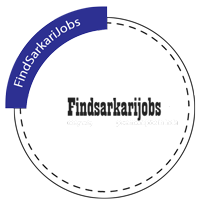
Mr. Shyam Chandra Pandey, CEO & Co-Founder
Gangotrishakti Food Care Pvt. Ltd.Android Mobile Apps
To provide best software solution with on-demand service, we have taken services from ITSWS Technologies about our company online mobile application. The organization is the best with their commitment and excellent team. They are always willing to go the extra mile, never compromise on quality work, and patiently guide and educate every user. They are providing support properly any time. We are really happy with them
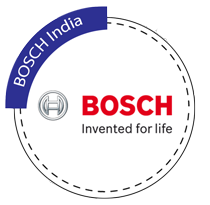
Mr. Shan Dhingra, Head of Business Development
Bosch IndiaA design that is personalized, warm and easy to browse
Our online business portal designed and developed by ITSWS Technologies, they provide me best look site with responsive support. We at, Agrawal Packers Movers avail the website various service from ITSWS, with excellent team response and support. They are excellent and always willing to go the extra mile support, never compromise on quality, and patiently guide and educate every user. Great support by the organization...
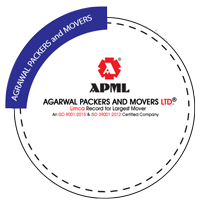
Mr. Ram Kumar, Digital Strategist
Agarwal Packers & Movers LtdExtremely Professional Work
We are very happy with the design and layout of our website. ITSWS worked with us for over 2 months on our website...
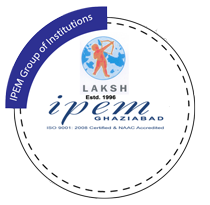
Mr. Rishi Pal Singh Tomar, MCA Director
IPEM Group of InstitutionsLatest Restaurant Software Articles
Restaurant Software, Insights and up-to-date knowledge from us, to you.
Our comprehensive range of web development services is designed to meet the unique needs of each client, ensuring a strong and impactful online presence. ITSWS Technologies is dedicated to helping businesses in Singapore establish a strong and impactful online presence through our comprehensive web development services.
Implementing a CRM system offers numerous benefits for businesses of all sizes and industries. Improving customer relationships and enhancing efficiency to drive sales and marketing effectiveness, a CRM system is a valuable investment that can significantly impact business success. With the power of CRM, you can streamline operations, gain deeper insights into your customers, and build stronger, more profitable relationships.
A well-developed website serves as the cornerstone of your online presence, helping you attract and engage customers, showcase your products and services, and drive business growth. ITSWS Technologies offers comprehensive web development solutions tailored to meet the unique needs of your business.
Your business goal will promote your business and create more traffic with help of social sites. The business owners are a focus on creating best board images, event highlight, contents and other information on the site.
The business website should be professional, creative, proper design and user- friendly will help to create a community according to the business goal.
Android is an open-source Linux-based operating system planned mainly for smart phones. It is maintain as an open source scheme by Google. This open spring code and licensing allow the developers and machine manufacturers to adjust the software according to their needs.
We'd love to talk with you
Congratulations! You have landed safely on the land of ITSWS Technologies.
Trust, it's a 'beginning of Long Term Relationship with ITSWS Technologies '. Let's work, enjoy and succeed together 
if you are looking for:

Web Development Solutions within agreed timelines.

Result Driven Brand Building Digitally

Customized e-commerce solutions. The exceptional

Drive Right Leads from the Right Audience
100% Guaranteed SEO Results

60 minutes support post project delivery.







